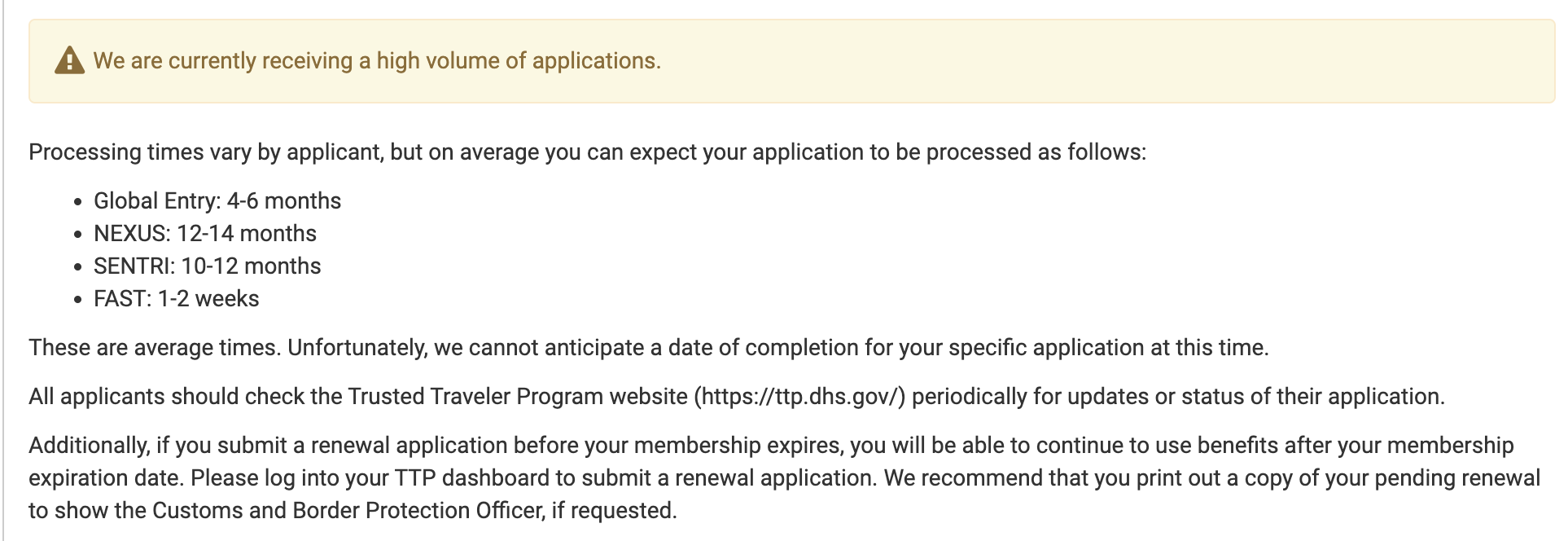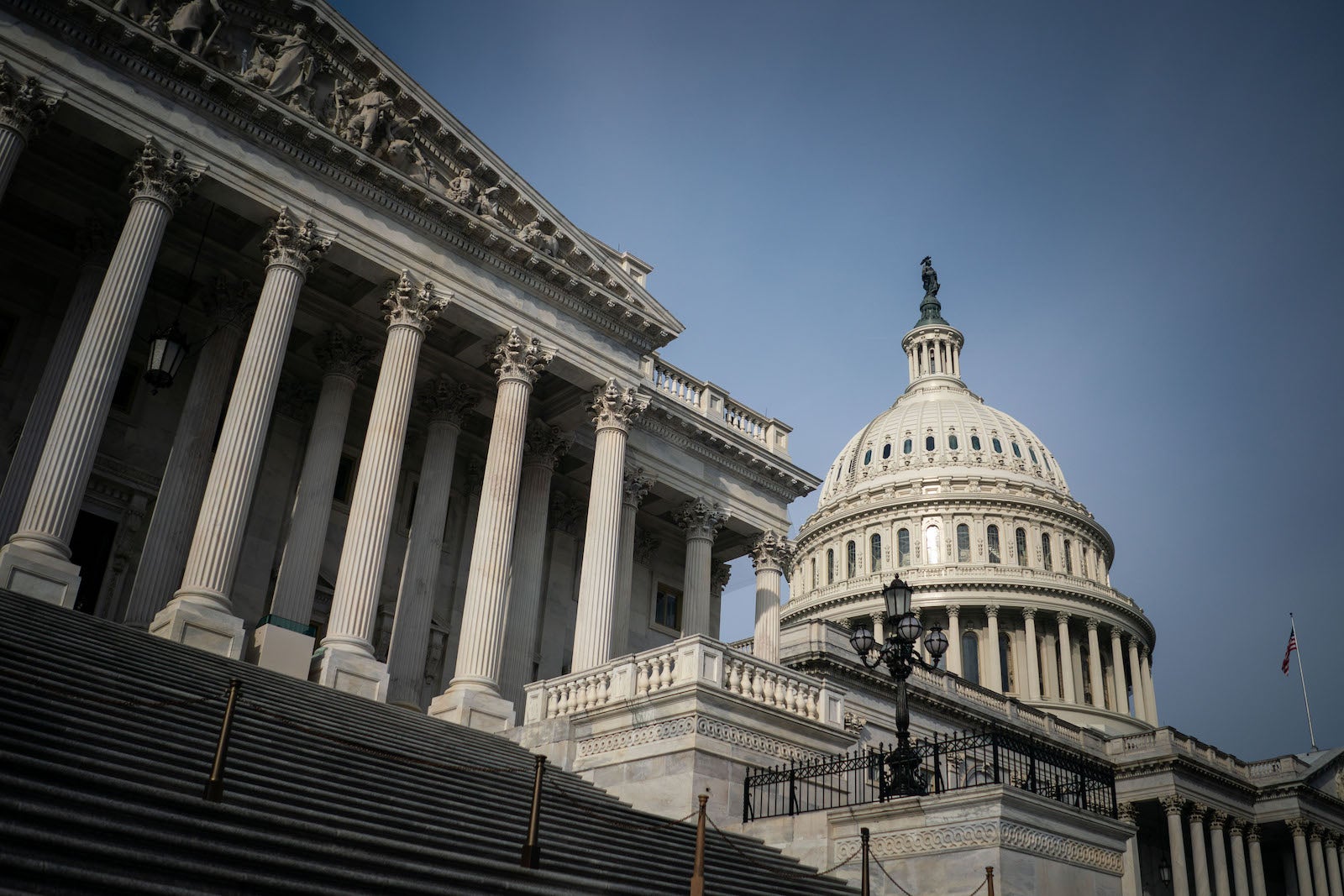Editor’s note: This story is continually updated.
After reaching its debt ceiling in January for the first time since 2011, the secretary of the Department of the Treasury warned that the U.S. is at risk of running out of money by June unless Congress raises or suspends the debt limit.
“Our best estimate is that we will be unable to continue to satisfy all of the government’s obligations … potentially as early as June 1, if Congress does not raise or suspend the debt limit before that time,” Treasury Secretary Janet Yellen said May 1.
Though lawmakers funded the federal government through the end of the fiscal year 2023 in December, they still borrow money to fund ongoing operations via a debt ceiling.
“The federal government is like any other person with a credit card in that it limits how much it can borrow to finance extra spending, known as the debt ceiling. That’s essentially to ensure the government can still fund its legal obligations,” Sarah Foster, an economy reporter for Bankrate (a publication owned by TPG’s parent company, Red Ventures), previously told TPG. “But running the world’s largest economy gives you special privileges because, unlike when you hit your credit line, Congress can continue committing to new spending.”
If this June default happens, the federal government might fail to extend funding for certain government programs. This could potentially affect travel if you want to visit a national park, renew your passport or Global Entry membership, and more.
Here’s what you need to know — and what you can do now to minimize impacts on your plans — if this does occur.
Global Entry, TSA PreCheck and passport applications
Trusted Traveler programs, such as TSA PreCheck and Global Entry, are operated by Customs and Border Protection under the Department of Homeland Security. This means any pause in funding could curtail the ability to process applications.
Plus, the government is already facing a pandemic-induced backlog of applications and is warning of extended wait times.

Similarly, the Department of State is currently telling travelers that routine passport service can take 10 to 13 weeks (up from six to nine weeks); it can take seven to nine weeks for expedited service (up from the previously quoted three to five weeks turnaround time).

Potential funding issues aside, we recommend applying for and renewing your Trusted Traveler program memberships and U.S. passports as soon as they are eligible for renewal. The process can take time, and many countries will not allow you to enter with less than three months left on your passport. Some even require six months of validity remaining.
Beyond application processing times, a government funding delay could result in a shortage of Transportation Security Administration agents at airports, potentially increasing wait times for TSA PreCheck lines at certain airports.
During the 2018-2019 government shutdown — which lasted 35 days and was the longest in history — flights were canceled due to staffing shortages among TSA agents and air traffic controllers. Additionally, some airports closed TSA security lines.
Plus, the TSA expects pre-pandemic levels of airport crowds this summer.
National parks
As a federal agency under the Department of the Interior, the National Park Service is primarily funded by Congress.
If funding were to stall, you could still enter some national parks, and some roads, lookouts, trains and open-air memorials would likely still be accessible. Everything else — including essential services such as visitors centers, restrooms and educational programs within the park — is run by NPS staff and would therefore be affected.
Though visiting a park during this time would technically be free, a lack of staff would make the park less safe overall. The absence of park rangers would mean no monitoring or active search and rescue services.
Contracted companies run hotels within parks. So, in theory, these would remain open since they don’t rely on NPS staff.
In the past, we’ve seen third parties intervene to help keep national parks open in the face of a government shutdown. Though a government shutdown is not on the line here, the same groups could potentially step in to avoid park closures.
For example, in 2018, then-Arizona Gov. Doug Ducey signed an order to keep the Grand Canyon open via state revenue funding.
“The park gates stayed open, but nobody was working the toll booths to collect the usual $35 fee per car to get in the park,” per reporting by The Arizona Republic.
Therefore, states and private entities, including volunteer groups, could act to keep national parks open.
Ultimately, the decision to keep parks open during a shutdown lies in the hands of the president in office at the time of the shutdown.
Washington monuments and museums
Federally funded monuments and museums in Washington, D.C., would also be at risk. This includes the 17 Smithsonian museums, galleries and National Zoo, as well as the NPS-run memorials — such as the Lincoln Memorial and the National Mall — which are usually staffed by NPS rangers.
In the aforementioned government shutdown, the Smithsonian used funds to remain open through Jan. 1, 2019, leaving the museums closed for 24 days.
Bottom line

Hopefully, there won’t be government-related staffing shortages in 2023. However, with the looming potential of that reality, it’s best to apply for or renew relevant government documents now if you need them to travel.
For more information on Trusted Traveler programs, read:
- How to apply for Global Entry
- Ways to get free or discounted TSA PreCheck, Global Entry and Clear
- How persistence paid off after 3 unsuccessful attempts at renewing Global Entry
- 13 things you need to know about Global Entry
- Should you get Global Entry or TSA PreCheck?
- I just went through the interview process for Global Entry: Here’s what it was like
- Tips for getting a Global Entry appointment when nothing is available



